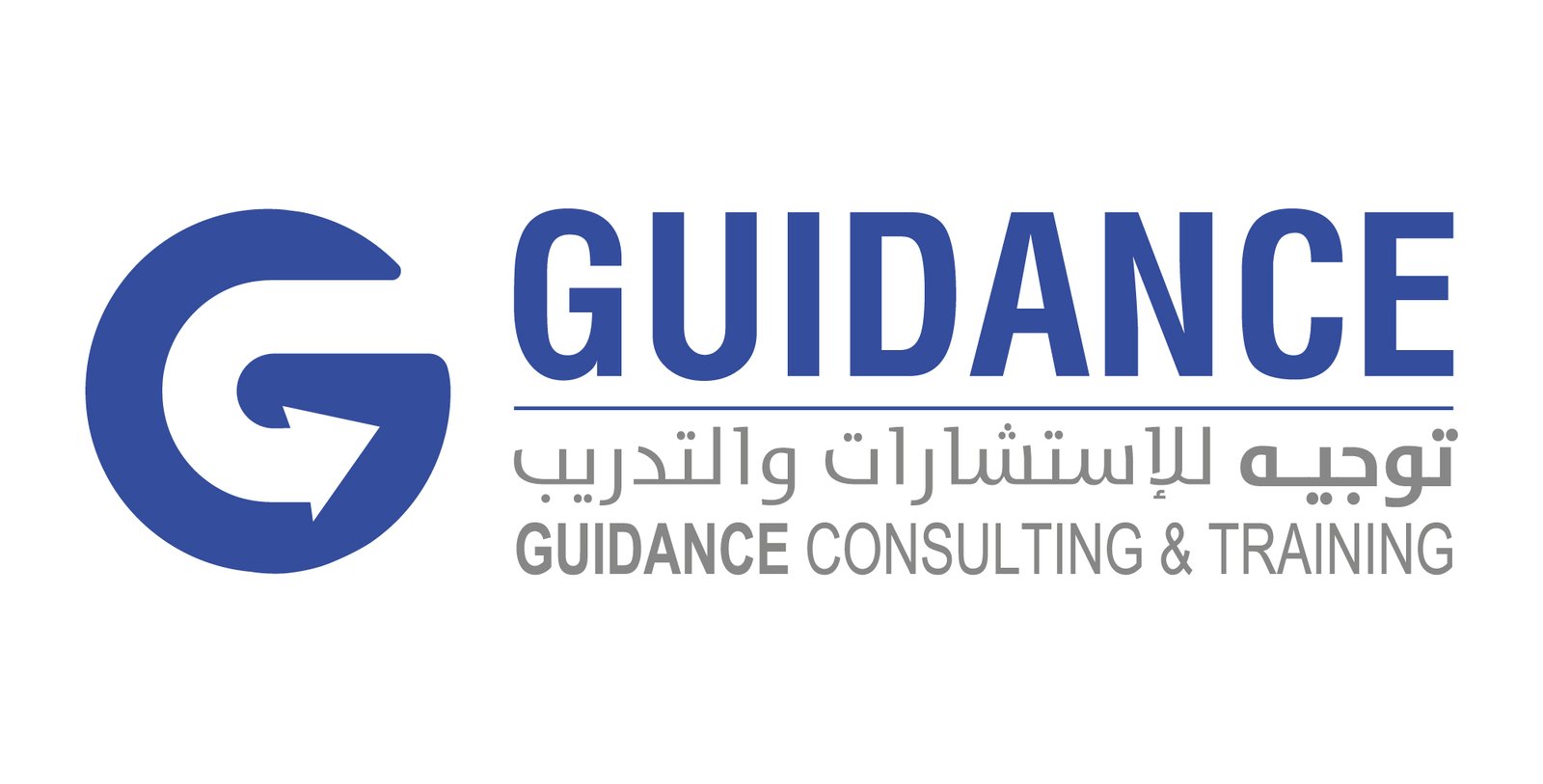ISO 13485 Medical Devices Quality Management Systems and How to Get it in Saudi Arabia
The primary objective of the ISO 13485 medical device production quality management system is to ensure that all global requirements for quality management of medical devices are met and that they comply with the laws and regulations related to medical devices issued by the Saudi Food and Drug Authority. It defines the conditions that must be adhered to by quality systems for all companies operating in manufacturing, trading, and distributing medical devices and medical supplies.
All companies operating in the medical field, including those manufacturing medical devices and their supplies, and wishing to raise the efficiency of production and service operations while meeting customer requirements in the Saudi market, must obtain the ISO 13485 certificate. This certificate encompasses all design, manufacturing, and production processes, and all regulatory requirements, particularly risk management.
Advantages of the ISO 13485 certificate
- The company can place the CE mark on its products.
- Expansion in Saudi and international markets after obtaining accreditation and certification
- Works to reduce operating costs and avoid shortcomings in the production process.
- Increase product quality and increase work efficiency effectively and safely.
- Increase employee enthusiasm, provide support, and clarify roles and responsibilities.
- Improve the efficiency of the production process and increase customer satisfaction.
- Deal with complaints and customer requests better.
- Increase management’s ability to organize work and systematically monitor manufacturing and production.
- Transparency and clarity in dealing with complaints and product recall requests.
- Remedy errors and quickly discover them and find solutions to them better.
- Increase profitability and competitiveness in the local and global markets.
- Add trust to the company’s customers by following international standards.
ISO 13485 covers the quality management system requirements for organizations that must demonstrate the ability to provide medical devices and consistently meet customer and regulatory requirements applicable to medical device services. The main purpose of this standard is to facilitate the requirements of harmonized medical device legislation for quality management systems.
In the process of harmonization with the European Union, all medical device manufacturers aim to establish and certify a quality system to meet current legal requirements, meet customer expectations, increase efficiency, and create legal assurance. Medical device manufacturers are ISO 13485 certified and have the opportunity to reach markets all over the world. These companies, which have established the ISO 13485 medical device quality management system within their organizations, have proven that they produce more effective and safer medical devices.
People depend on medical devices to survive. If your organization is in the medical device business, quality is vital. ISO 13485 certification can help you demonstrate your ability to provide medical devices and related services that consistently meet customers and applicable legal requirements.
Also, medical device manufacturers wishing CE certification must establish an ISO 13485 medical device quality management system, and then the company must submit technical documents.
After completing the preparation stages and putting the system into operation, the company must apply for certification by applying to the certification body. At this stage, the chosen certification body must be accredited by a national or international accreditation body.
What is included in the definition of medical devices?
- What should be used against diseases? Medical devices are used to diagnose, prevent, treat, monitor the course of the disease and reduce its effects.
- They should be used against injuries. Medical devices are used to diagnose, treat, and relieve the pain and suffering of wounds, follow the course of the injury, and facilitate the daily life of the injured.
- Medical devices are instruments that replace human anatomical structures.
- Medical devices that provide continuity of physiological functions of people or can replace them
- Instruments that provide life support to people are medical devices.
- Medical devices are used to monitor pregnancy processes in women.
- Instruments that allow examination of parts taken from the human body are medical devices.
- Products with pharmacological (immunological) or metabolic results are not considered medical devices. However, they can be used as medical devices adjuvant.
At Guidance Consulting and Training, we provide services for establishing and developing quality management systems for medical devices following ISO 13485:2016 and the laws and regulations of the Saudi Food and Drug Authority, with step-by-step implementation follow-up.


